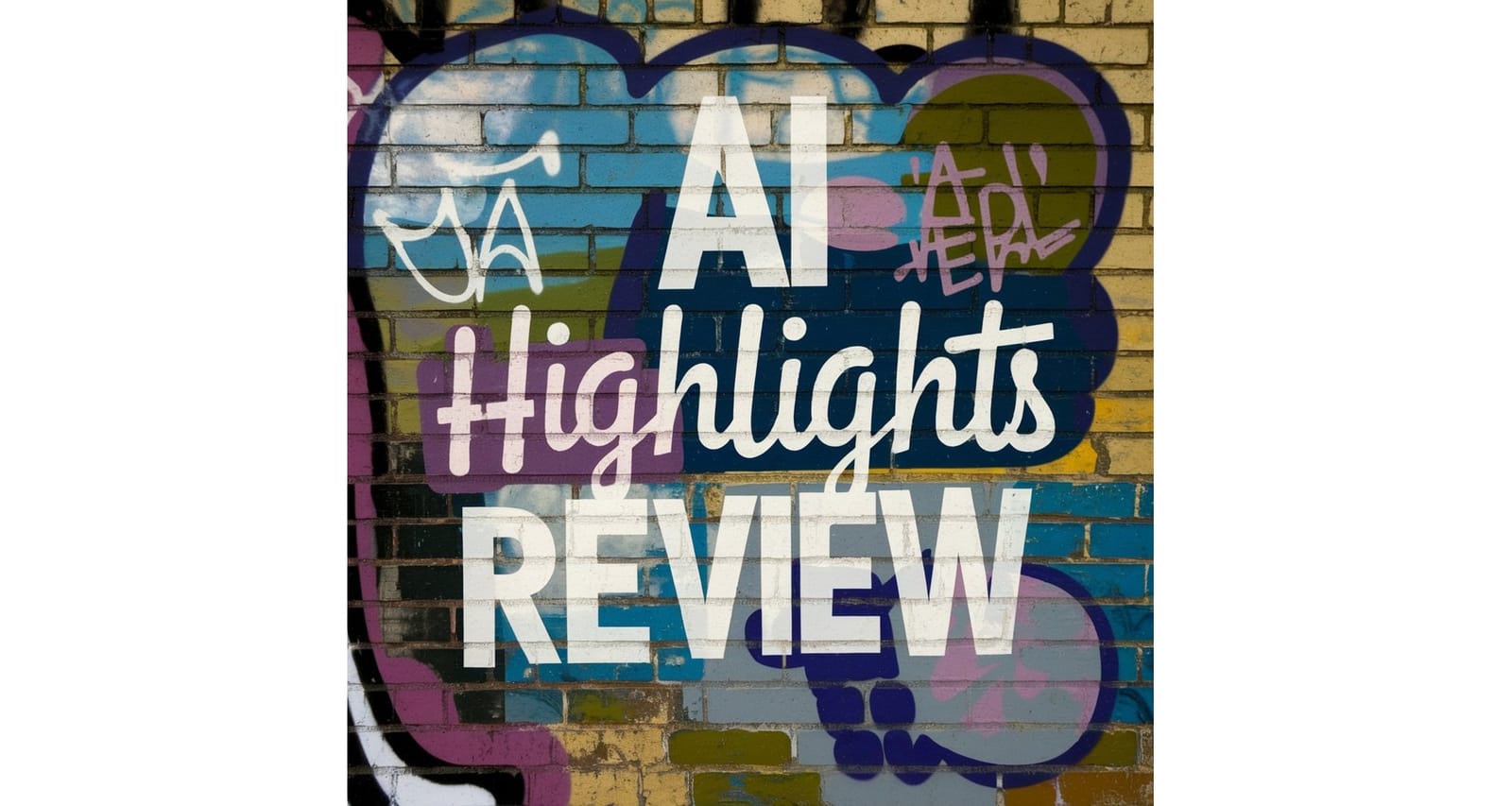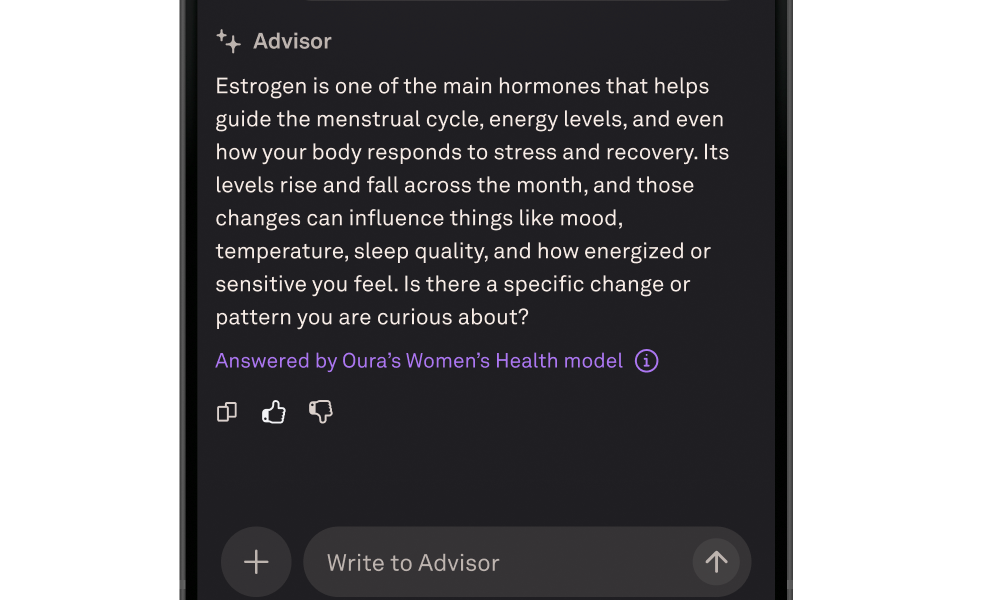The sudden financial shake-up brought about by the release of DeepSeek R1, a reasoning model directly rivaling OpenAI's o1 series, must have left both companies strategizing to make the best out of the situation. OpenAI undoubtedly profited from the immediate announcement of the Stargate Project, a $500 billion private infrastructure venture the startup will undertake with SoftBank, Oracle, and Abu Dhabi's MGX. The company also scrambled to release the Operator research preview to its Pro subscribers. OpenAI also committed to eventually providing access to the remaining subscription tiers.
For its part, DeepSeek capitalized on the attention it was receiving by smartly timing the launch of Janus Pro, a family of models with computer vision and image generation capabilities. The models were released under an MIT license that allows commercial and non-commercial applications without restriction.
DeepSeek releases Janus-Pro, an openly available model family for computer vision tasks: DeepSeek's newly released Janus-Pro model family, featuring 1.5B and 7B parameter versions, achieves state-of-the-art performance in image understanding and generation benchmarks, making it an efficient and commercially accessible alternative to larger models like DALL-E 3.
While the release did gain some traction, multiple countries and US government entities started banning or advising against using DeepSeek's models out of privacy concerns. In parallel, many reports emerged demonstrating DeepSeek R1's abysmal performance in safety evaluations.
Even if the DeepSeek hype has largely subsided since its flashy entrance into the competition, OpenAI was far from done. During the first days of February, the company established two partnerships meant to help it strengthen its position in the Asian markets: a collaboration with SoftBank to work on enterprise-grade AI agents exclusively for the Japanese market, and a partnership with South Korea's Kakao to develop an AI assistant specifically tailored to the Korean audience and to integrate OpenAI's technology into Kakao's products.
OpenAI strengthens its presence in Korea with Kakao partnership: OpenAI and Kakao have formed a strategic partnership to integrate OpenAI's technology into Kakao's services through three main projects: developing a Korean language AI agent, incorporating OpenAI's technology across Kakao's ecosystem, and implementing ChatGPT Enterprise for Kakao's workforce.
OpenAI joined forces with the SoftBank Group to bring enterprise AI agents to Japan: OpenAI and SoftBank Group have announced a $3 billion annual partnership to develop and deploy Cristal Intelligence, a new enterprise AI system that will be rolled out across SoftBank's companies and marketed to major Japanese firms through a joint venture.
At the same time, OpenAI has continued to announce updates and new products, ranging from 'deep research' which gives ChatGPT research capabilities sufficient to complete detailed research reports in minutes, to smaller but equally significant updates, like the decision to reveal more of o3-mini's "reasoning" process.
OpenAI recently joined the AI research assistant trend with its 'Deep Research' agent: OpenAI has launched deep research, a new ChatGPT feature that can independently conduct comprehensive internet research to create detailed, cited reports in minutes rather than hours. Deep research is available for Pro users only, but OpenAI expects to expand access to the other paid tiers shortly.
Perhaps spurred by all this movement, Mistral AI, likely the most important European AI model developer, boldly released a revamped AI assistant. Mistral AI equipped the new Le Chat with many impressive new features, from computer vision to responses grounded in web searches and reputable journalism sources. One of the most notable features, Flash Answers uses the fastest inference engines in the world to provide answers significantly faster than other AI assistants in the market.
Mistral revamped its AI assistant Le Chat and introduced new paid service tiers: Mistral is expanding its AI assistant Le Chat with new iOS and Android apps, a Pro subscription tier, and enterprise features while competing with established players through fast performance and unique capabilities like on-premises deployment.
Mistral AI Releases Mistral Small 3: A Fast, Efficient 24B Parameter Model: Mistral AI has released Mistral Small 3, a latency-optimized and efficient 24B-parameter open-source language model that matches the performance of models three times its size and can run locally on consumer hardware. Mistral Small 3 is available under an Apache 2.0 license.
Other noteworthy headlines this week
Researchers looking for benchmarks relevant to average AI users turn to the NPR Sunday Puzzle: A new benchmark based on the NPR's Sunday Puzzle riddles aims to test LLMs' general reasoning skills. The findings are remarkable: reasoning models like OpenAI's o1 do best at the benchmark, and some replicate behaviors such as "giving up" or showing "frustration" when stuck on difficult problems.
AlphaGeometry2 has surpassed IMO gold medalist performance in geometry problems: AlphaGeometry2 (AG2) is an enhanced neuro-symbolic system for solving geometry problems, which Google DeepMind claims outperforms IMO gold medalists. Although AG2 has some limitations, it undoubtedly has taken DeepMind one step closer to "solving geometry".
ElevenLabs tripled its valuation after raising a $180M Series C: ElevenLabs has raised $180 million in Series C funding, co-led by a16z and ICONIQ Growth, valuing the AI voice technology company at $3.3 billion as it expands its suite of voice AI products and targets global growth.
Ai2 demonstrates the scalability of its post-training recipe with the performant Tülu 3 405B: Tülu 3 is an open-source research project by the Allen Institute for AI (Ai2) that provides a comprehensive open-source post-training methodology for large language models. The recently released Tülu 3 405B demonstrates that the Tülu 3 post-training recipe is both efficient and scalable.
AI-driven drug discovery company Manas AI launches with $24.6M seed round: Manas AI, co-founded by Dr. Siddhartha Mukherjee and Reid Hoffman, has launched with $24.6 million in seed funding to accelerate cancer drug discovery through its proprietary AI platform and Microsoft partnership.
AI-powered productivity app Tana emerged from stealth with $25M raised across two rounds: Tana, an AI-powered productivity app founded by ex-Google employees, has emerged from stealth after gathering $25 million in funding and a 160,000-person waitlist for its platform that automatically organizes user information through a knowledge graph system.







Comments